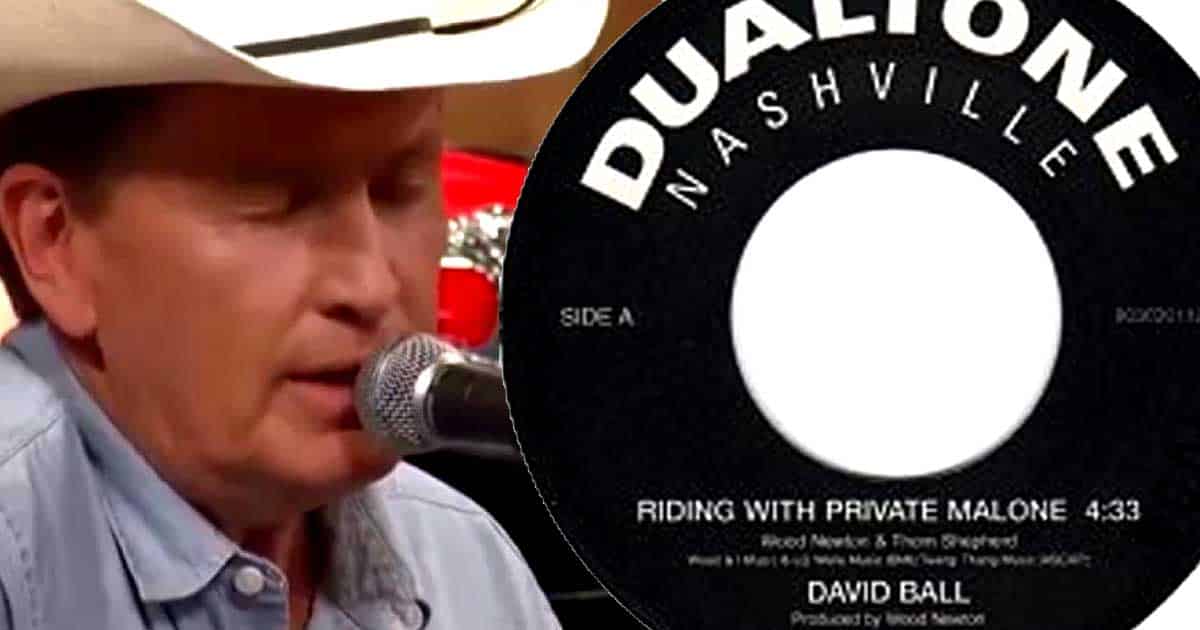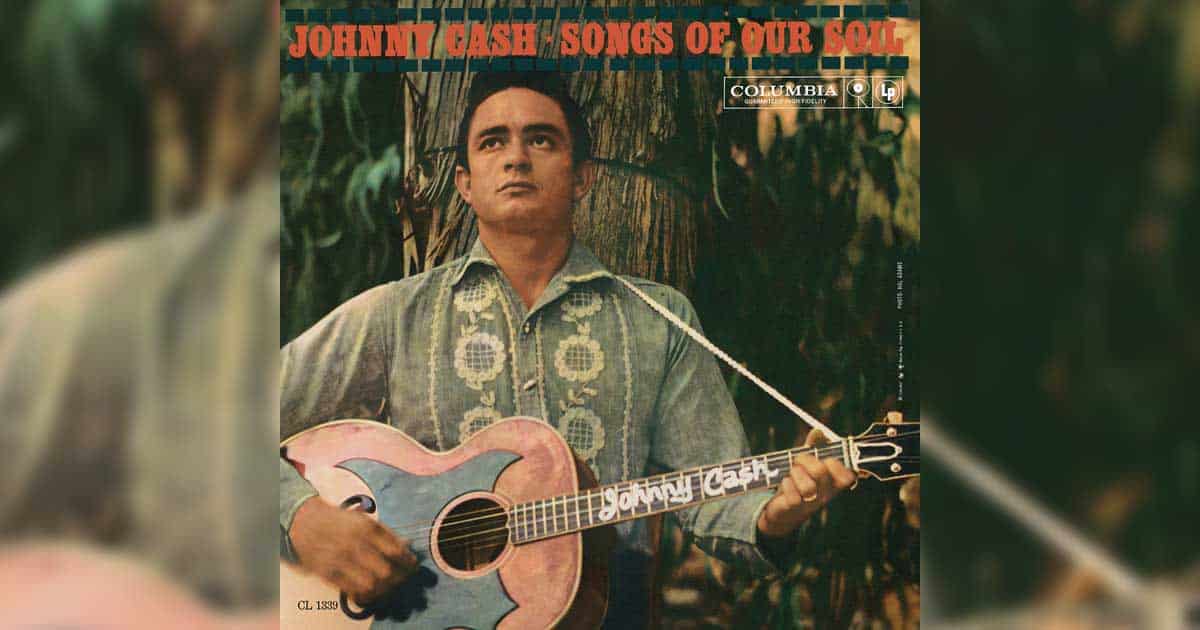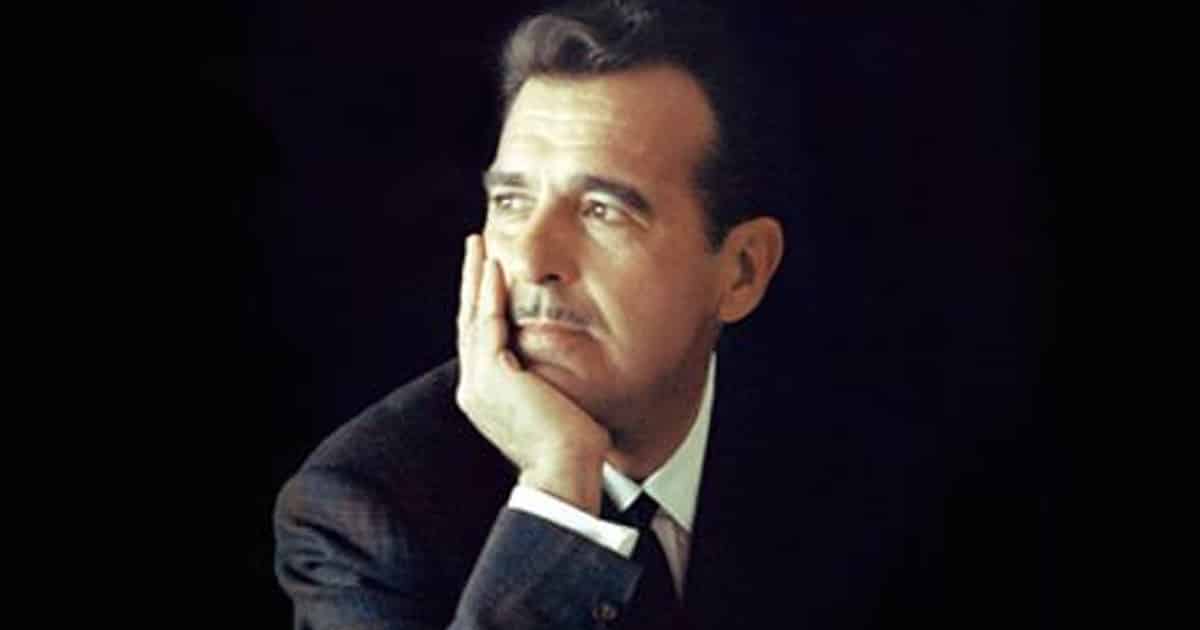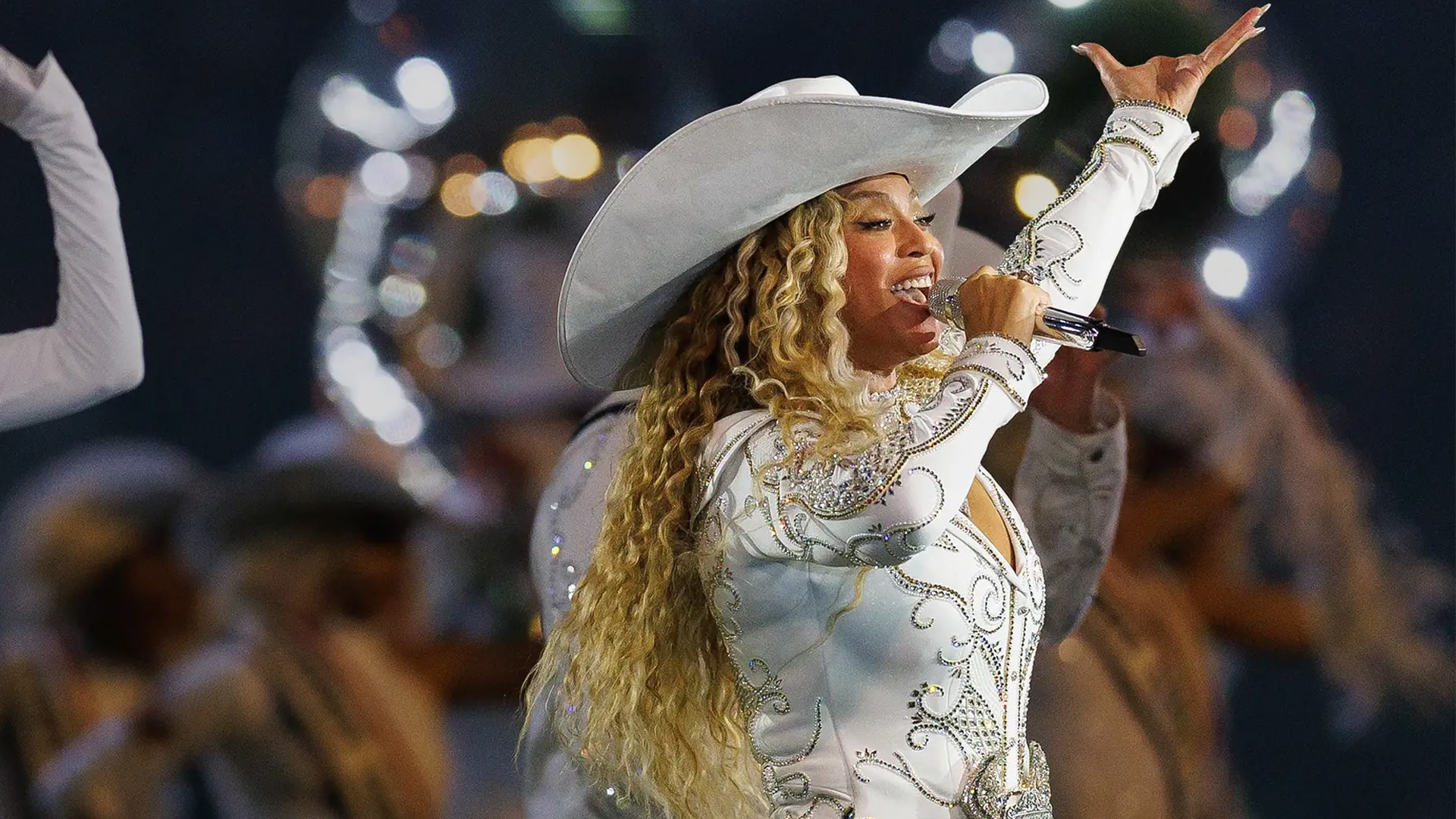Before “All Too Well (10 Minute Version),” by Taylor Swift, there was Don McLean’s “American Pie,” which ran for eight minutes and 42 seconds. McLean held the record for being the longest song to reach number one for almost 50 years until Swift dethroned him in 2021.
The folk-rock anthem, written by McLean himself and produced by Ed Freeman for the singer’s same-titled album in 1971, was celebrated for its nostalgia and reflection on the turbulent times of the 1960s. Its lyrics told a story shrouded with different symbolisms and references to various events and figures in rock and roll history. That was why it resonated with a broad audience, particularly those who lived through the events and cultural shifts mentioned in the song.
At the same time, the lyrics’ symbolic nature invited crypticness, sparking conversations among fans and music enthusiasts.
Meaning Behind The Song
For the longest time, Don McLean refused to give the original interpretation of the lyrics. However, he gave out anecdotes and explanations behind the song’s inspiration through crowd work, which became the hook in his live performances. Then, in 2022, in The Day the Music Died: The Story of Don McLean’s American Pie documentary, he answered some of the 50-year-old mysteries.
The focal point of “American Pie” was the cultural and sociological changes that happened in the 1960s. It encapsulates the nostalgia of a bygone era, the longing for an idealized version of the past that’s painted with simplicity. The lyrics of the song are also filled with symbolism and metaphors. The use of phrases like “The jester sang for the king and queen” and “Helter Skelter in a summer swelter” has led to various personal interpretations.
But contrary to theories, the jester wasn’t Bob Dylan. And all the other artists supposedly referenced were all wrong. In general, the lyrics were meant to be impressionist, and many of them were completely fictional.
But one central event that wasn’t veiled in mystery was the plane crash that killed Buddy Holly, Ritchie Valens, and J.P. Richardson. It is referred to as “The Day the Music Died” in the lyrics. The tragedy is considered a significant moment in the history of music, marking the loss of youthful innocence and the end of an era.
If we’ve piqued your curiosity, then go ahead, hit the play button in the video below, and listen to Don McLean’s “American Pie.”


















